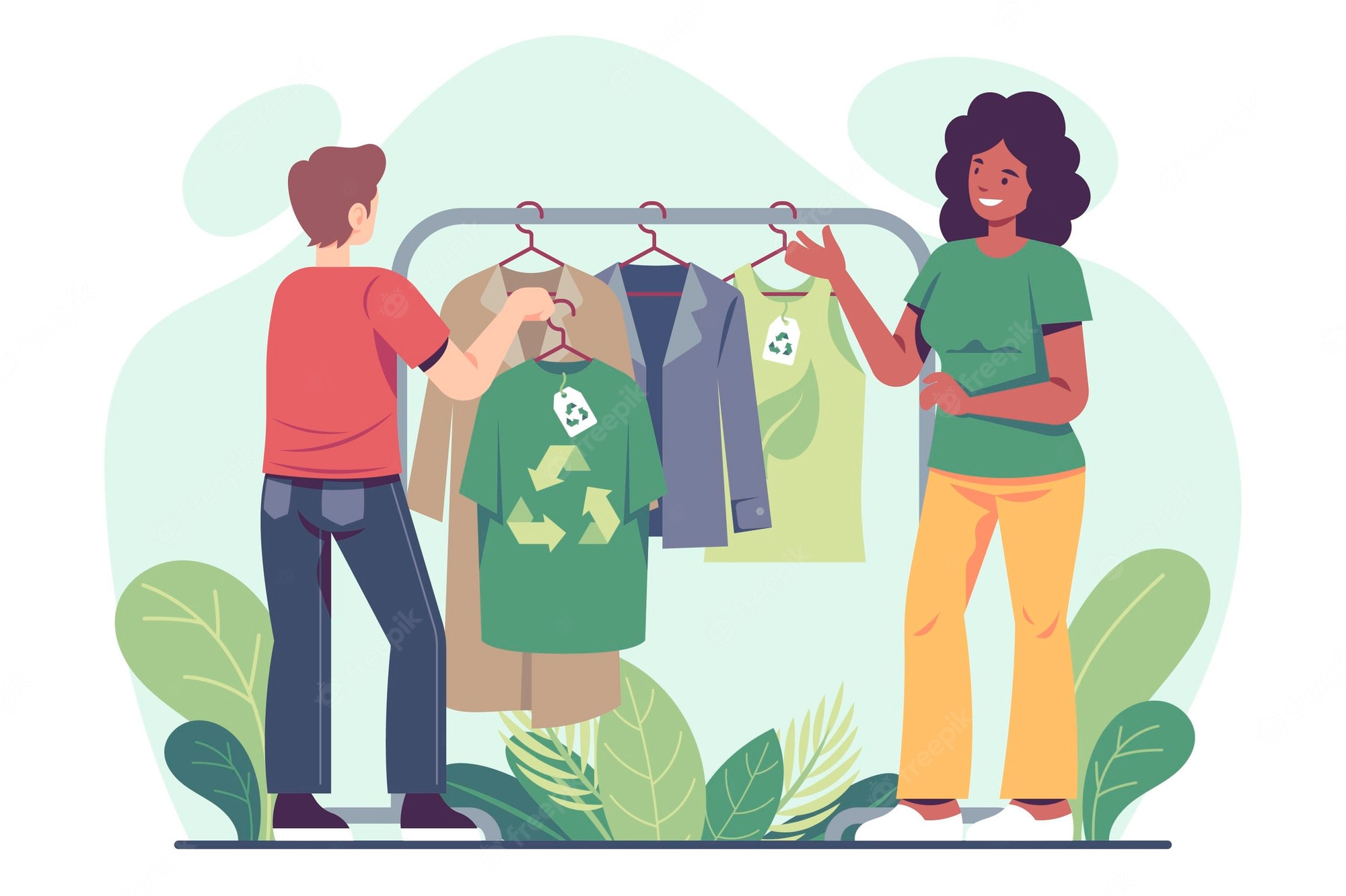Fashion and sustainability have become increasingly intertwined topics in recent years, as the fashion industry has been scrutinized for its environmental impact and the treatment of workers in its supply chain. While fashion has traditionally been seen as a fast-moving, trend-driven industry focusing on newness and novelty, there is growing recognition that this approach could be more sustainable in the long term. This blog post will explore the relationship between fashion and sustainability and how the industry is working to become more environmentally and socially responsible.

One of the critical challenges facing the fashion industry is its reliance on fast fashion, which refers to producing clothing at a rapid pace and low cost. Fast fashion has been linked to environmental and social issues, including pollution, waste, and poor working conditions. In recent years, there has been an incline towards slow fashion, which emphasizes quality over quantity and encourages consumers to buy less but better. This approach is based on the point that clothing should be viewed as an investment rather than a disposable commodity.
Another essential aspect of sustainable fashion is using eco-friendly materials and production processes. This incorporates using organic cotton, recycled polyester, and other sustainable fabrics, as well as using renewable energy sources and water-saving technologies. Many fashion brands are also exploring innovative new materials, such as biodegradable fabrics and fabrics made from food waste. These materials can reduce the environmental impact of fashion production significantly.
In addition to these environmental considerations, sustainable fashion also focuses on social responsibility. This includes ensuring fair labour practices throughout the supply chain, from the workers who grow the cotton to the employees who sew the garments. It also involves supporting local communities and preserving traditional crafts and skills. Many sustainable fashion brands are committed to transparency and accountability and provide information about their supply chains and production processes.

One of the challenges facing the sustainable fashion movement is the perception that sustainable clothing is expensive and inaccessible. While it is true that sustainable clothing can be more expensive than fast fashion, there are a growing number of affordable, sustainable fashion brands that are making it easier for consumers to make more responsible choices. These brands are also working to raise awareness about fast fashion’s environmental and social impact and encourage consumers to think more critically about their purchasing decisions.
In conclusion, fashion and sustainability are increasingly related topics shaping the fashion industry’s future. While there are many challenges to creating a more sustainable fashion industry, there is also growing momentum towards a more environmentally and socially responsible approach. The fashion industry can make positive changes by embracing slow fashion, using eco-friendly materials and production processes, and supporting fair labour practices. As consumers, we can help sustainable fashion brands make more conscious purchasing decisions.

